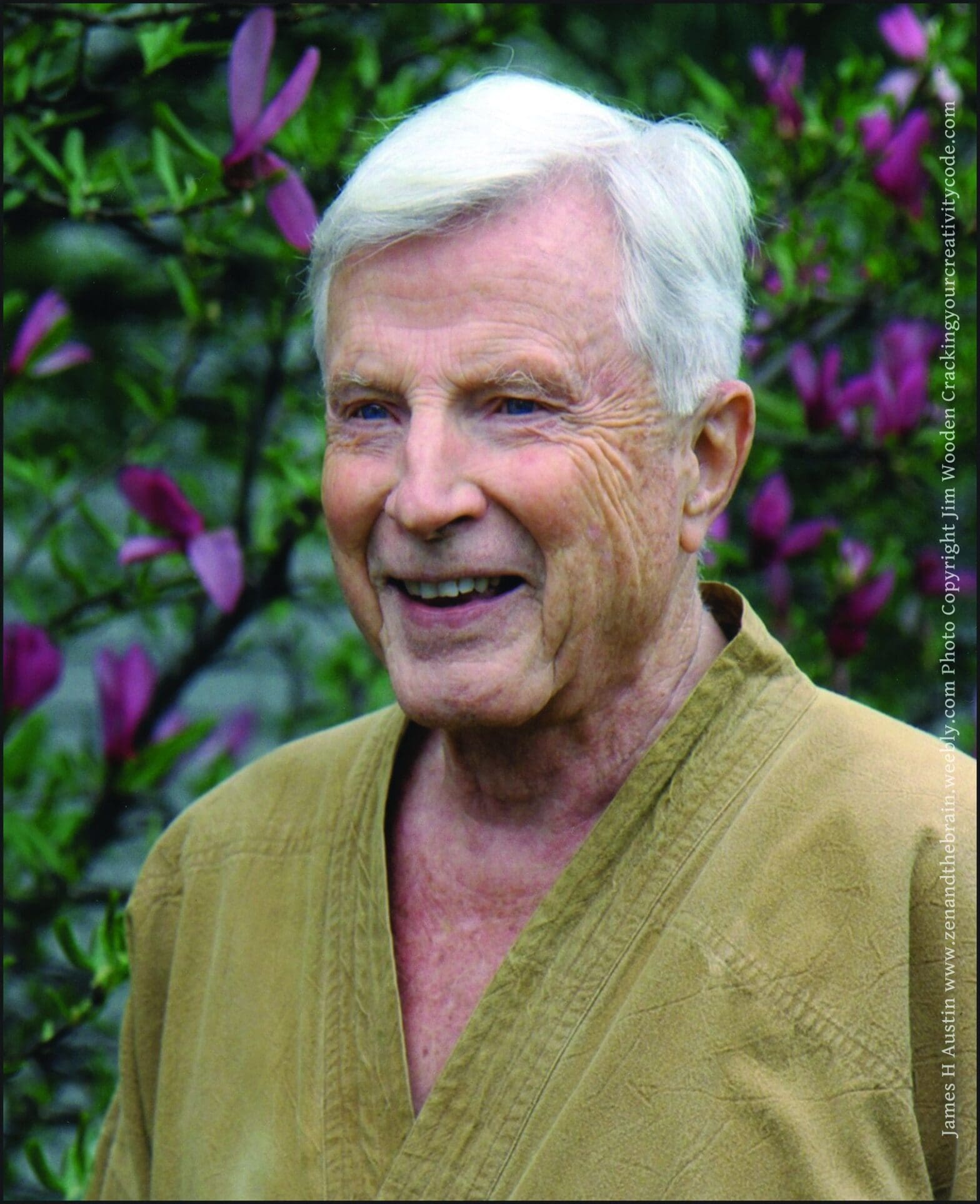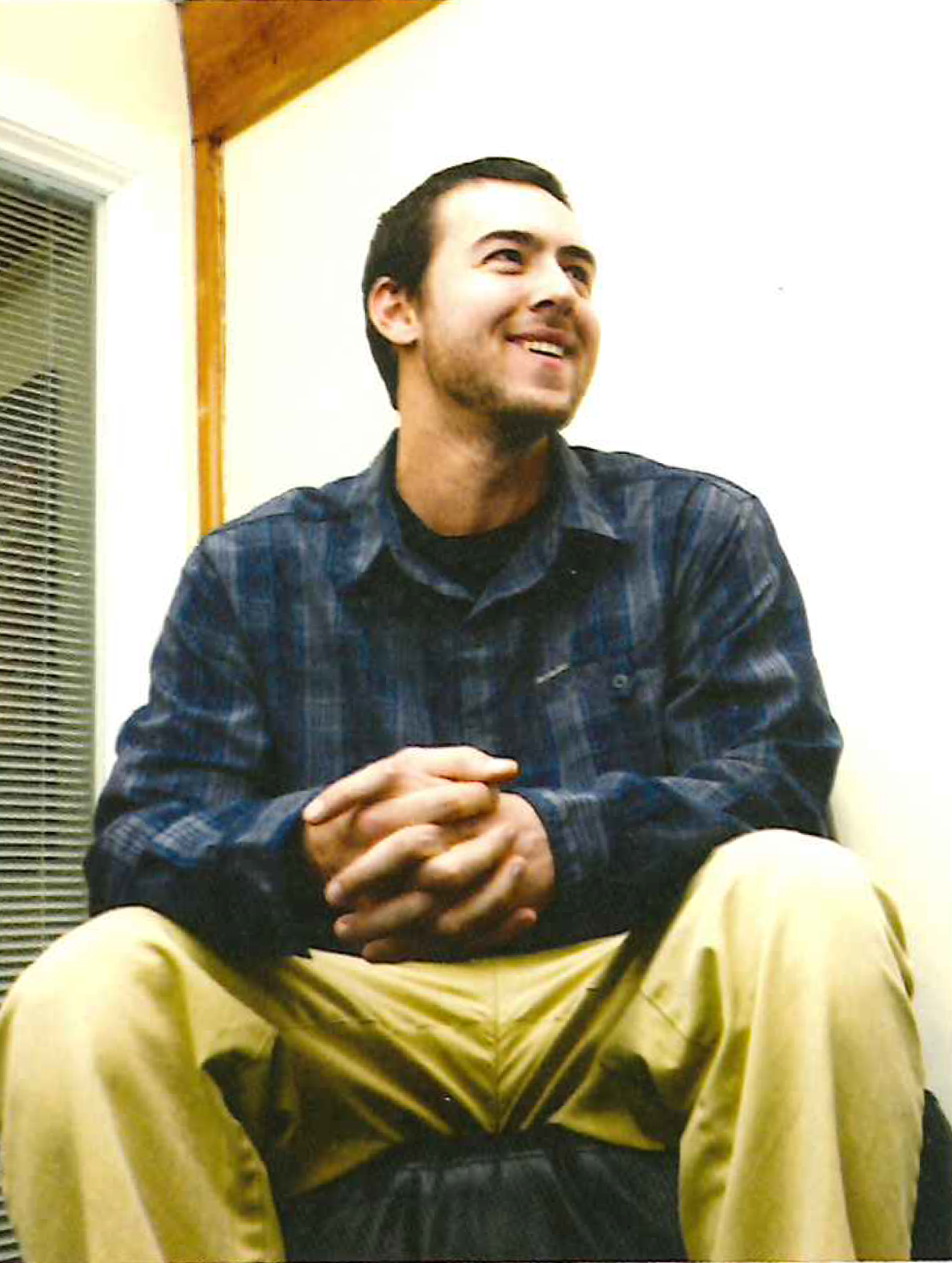James Henry Austin was born in Cleveland, Ohio in 1925. He attended Brown University, graduated from Harvard Medical School (1948), and did his medical internship at Boston City Hospital, where his first year of residency was in neurology. Austin’s neurology teachers were Derek Denny Brown, Raymond Adams and Joseph Foley. Austin’s two years of naval reserve …
Search results for:
neuroscience
Fellow Spotlight: Norm Farb
In this month’s Fellow Spotlight we are pleased to share the work of Norman Farb, Associate Professor of Psychology and Principal Investigator of the Regulatory and Affective Dynamics Laboratory at the University of Toronto Mississauga. Norm studies the social neuroscience of the self and human emotion, with a focus on how biases in self-representation shape emotions to determine …
Varieties of Contemplative Experience
The Contemplative Development Mapping Project (CDMP) is a group of scholars, scientists, and practitioners who are personally and professionally committed to enriching our understanding of contemplative practices and experiences. This interdisciplinary “think tank” is comprised of researchers from a range of disciplines, including philosophy, sociology, psychiatry, psychology, neuroscience and religious studies. By integrating first-person, second-person, …
Trust and Christian contemplative practice: A social neuroscientific study of spiritual capital in a contemplative tradition
Growing recognition of the benefits of contemplative practice for the reduction of harmful stress and the improvement of prosocial behavior is prompting research into how these effects arise. We define contemplative practice as intentionally attempting to suspend all discursive and evaluative thought. In practice, most forms of contemplative practice emphasize compassion for self and others, …
Understanding the neural correlates of attention
Interest in investigating the neural correlates of different meditation practices is increasing within the neuroscience community. In particular, shamatha practice, which strengthens the ability of a practitioner to sustain a concentrated, single-pointed focus of attention, is a natural focus for attention researchers within cognitive neuroscience. However, studies of the medium- and long-term effects of shamatha …
Continue reading “Understanding the neural correlates of attention”
Nathan Fisher
Nathan Fisher received his BA in Religious Studies (Honors) from Vanderbilt University in 2011. He then joined the Clinical and Affective Neuroscience Laboratory at Brown University where he managed the “Varieties of Contemplative Experience” study from 2012-2015. He received the Francisco J. Varela Research Award in 2012 and began a PhD program in Religious Studies and …
David Cooper
Jared Lindahl
Jared Lindahl, PhD is Visiting Scholar at the Cogut Center for the Humanities and Director of Humanistic Research in the Clinical and Affective Neuroscience Lab at Brown University. He holds a PhD in Religious Studies from the University of California, Santa Barbara, where his dissertation research adopted a bio-cultural methodology to investigate the significance of light-related …
David Meyer
David E. Meyer is a faculty member of the Cognition and Perception Program in the Department of Psychology at the University of Michigan, Ann Arbor. A mathematical psychologist and cognitive scientist, he received his PhD from Michigan and subsequently worked for almost a decade as a Member of Technical Staff in the Human Information Processing …
Nicholas Van Dam
Nicholas Van Dam holds a PhD in Clinical Psychology and has extensive training in Cognitive Neuroscience and Mindfulness/Meditation. He completed a B.S. in Neurobiology and Psychology at the University of Wisconsin – Madison, a 90 minute drive from his hometown of Brookfield, WI. Nicholas completed a M.A. and Ph.D. in Clinical Psychology at the University …








